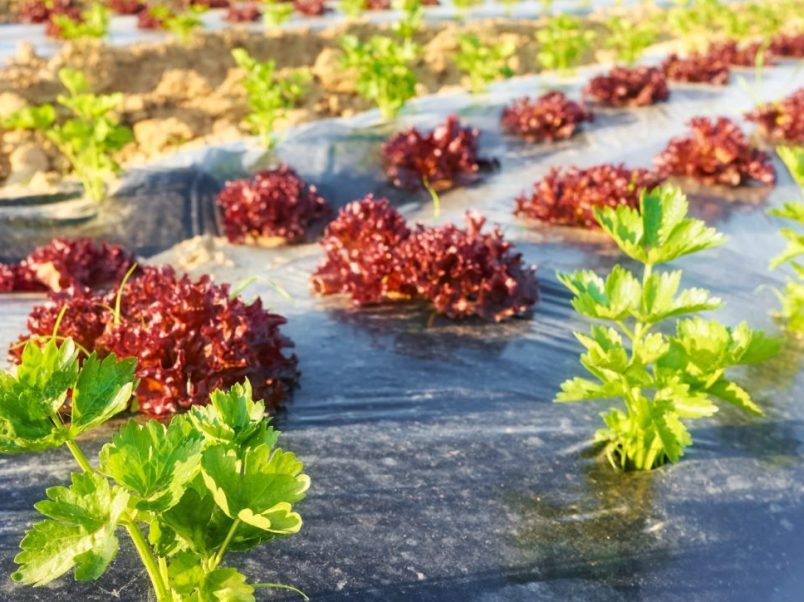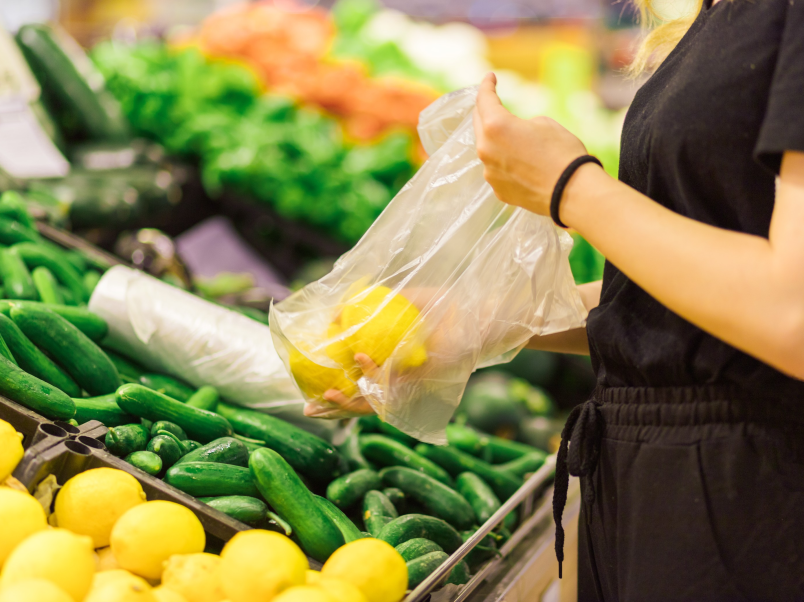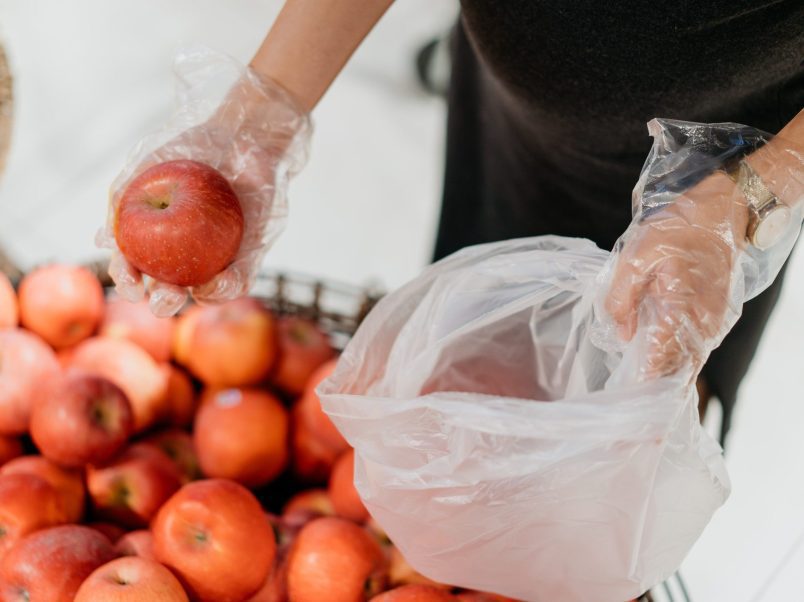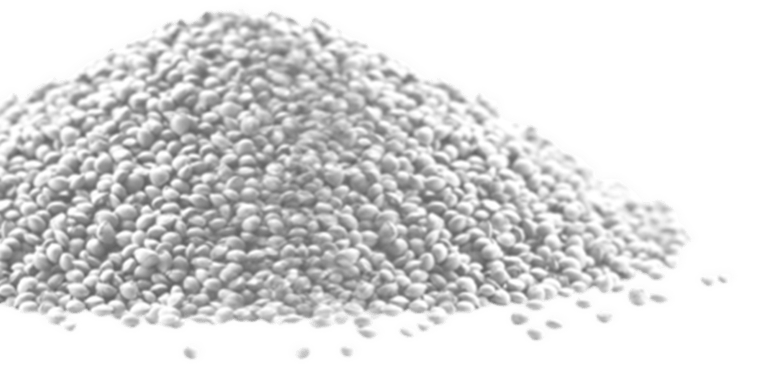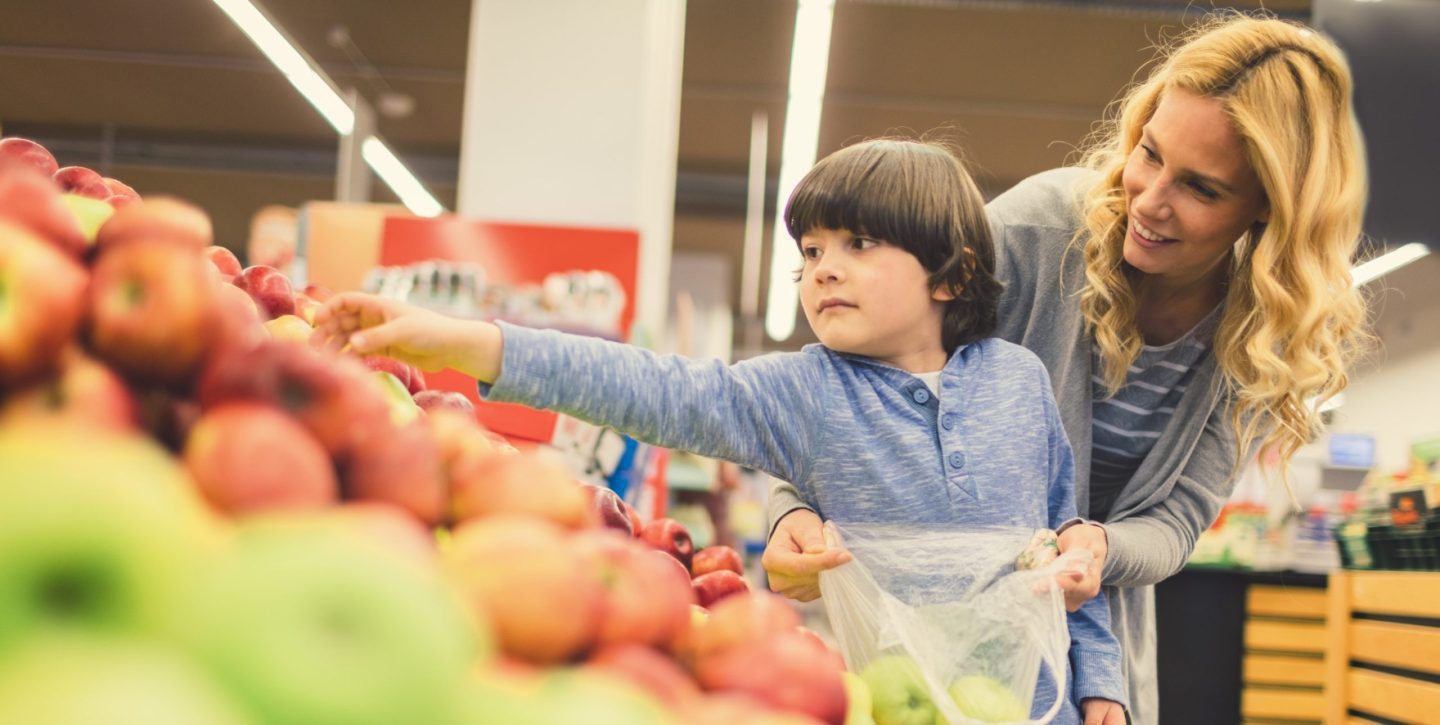
Fruit vegetable bags from Bioplastics
To go, but please compostable! Fruit and vegetable bags made of compostable bioplastics are practical shopping accessories, avoid disposable packaging and keep food fresh longer.
We are happy to help.
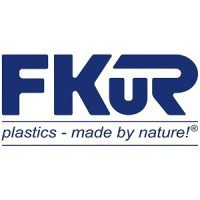
Sales team
Fruit and vegetable bags avoid unnecessary packaging
In many European countries, fresh fruit and vegetables are still largely sold packaged. With over 103,000 tons of packaging waste for fruit and vegetables, Germany is one of the leaders. Whether in the supermarket or at the weekly market, around 60% of all fruit and vegetables are sold to the consumer pre-packaged.
Packaging is important! It is often difficult to manage without it, as it not only protects the packaged goods, but also extends the shelf life of foodstuffs and facilitates transport. Nevertheless, not all packaging is necessary or equally pollutes the environment. Because one thing is quite clear, our resources are too valuable to be thrown away and wasted after a single or short use. The trend in supermarkets is therefore clearly toward unpackaged foods in the fruit and vegetable section.
Fruit and vegetable bags are practical shopping helpers
At the latest at the counter, however, fruit and vegetables sold in bulk must then be weighed. Here, bags or cloth bags are very practical and facilitate the transport and protection of the purchased goods. To ensure that the bags do not have to be thrown away after a single use, they should be designed for reusable use or offer the consumer an additional benefit.
Bags made from compostable plastics are a real alternative for conventional fruit and vegetable bags made from fossil plastic!
Compostable bags help reduce food waste
Biodegradable plastics such as Bio-Flex® and Ceroflex® have a higher permeability to oxygen and water vapor than conventional, fossil-based plastics. This gives fruit and vegetable bags made from our certified compostable plastics natural breathability. This keeps fruits and vegetables fresh and durable for longer. Thus, the bags serve not only for easy transport of food, but also for sustainable storage. Positive side effect: due to the longer shelf life, less food has to be thrown away.
End-of-life: Disposal in home compost or industrial composting
With their high tear strength and retention force, compostable fruit and vegetable bags made from Bio-Flex® and Ceroflex® can be used multiple times for shopping. In addition, they can be used as packaging and extend the shelf life of stored fresh food. And that’s not all! For even at the end of their life, compostable bags are not waste, but can be used as compostable organic waste bags. In this way, consumers can dispose of their kitchen and food waste easily and, above all, hygienically, while significantly increasing the amount of separately collected organic waste. A closed cycle, following nature’s example!
Depending on the type, Bio-Flex® and Ceroflex® are certified as home compostable or industrial compostable according to EN 13432. Just like organic waste, both materials completely decompose in the industrial composting plant or in the home garden compost and are completely converted by microorganisms to water, CO2 and biomass.
Additional material savings due to thickness reduction
Bio-Flex® and Ceroflex® are technically mature biopolymers that combine renewability, biodegradability and compostability. As ready-to-use biocompounds, granules of both product families can be processed excellently on conventional PE blown film lines. Bags made from our compostable bioplastics are just as efficient and strong in use as those made from conventional, fossil-based plastics.
Thanks to the very good tear resistance and toughness of Bio-Flex®, the wall thickness of bags can easily be reduced to as little as 8µm without losing functionality. Bags made from the faster degradable Ceroflex® starch compounds can be stretched to 12µm while maintaining the same properties.
This makes fruit and vegetable bags significantly less material-intensive than so-called service or industrial packaging in which fruit and vegetables are often pre-packaged. If the bags are also used several times, plastic consumption is further reduced.
Bags made from Bio-Flex® and Ceroflex® meet regulatory requirements for fruit and vegetable bags
All grades of the Bio-Flex® and Ceroflex® product families are certified food safe and BPA free.
In some European countries, fruit and vegetable bags must meet additional legal requirements in order to be offered in supermarkets. In France, for example, disposable plastic bags must consist of at least 40 percent renewable raw materials and be certified home-compostable.

